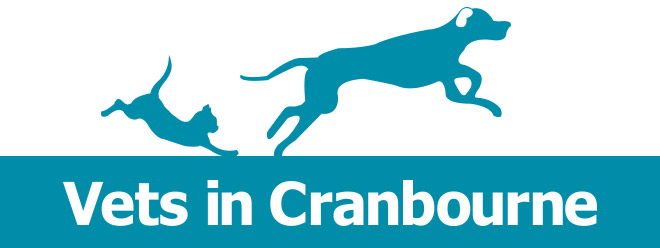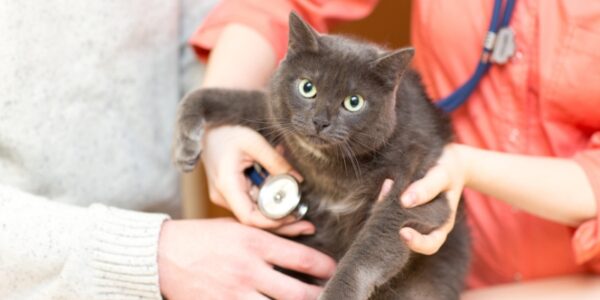
What You Need To Know About Desexing Your Dog Or Cat
Many pet owners choose to desex their dog or cat to prevent them from breeding. There are also many other benefits to desexing your pet at an early age, such as the prevention of testicular cancer and prostatic disease in male dogs and a reduced risk of life threatening uterus infections as well as mammary/breast cancer in females. But when is the best time to desex your pet and what do you need to know? In this week’s blog, we break down why you should desex your pet, and provide information about the desexing procedure.
Why desex your pet?
The main reason pet owners choose to desex their pet is to prevent unwanted breeding. Veterinary professionals recommend that all pets need to be desexed at five to six months of age for their own health and wellbeing, as well as to avoid unwelcome offspring. Desexing your cat or dog can also prevent mammary/breast and testicular cancer as well as prostatic disease and life threatening uterus infections.
Vets in Cranbourne recommend desexing all family pets
It is important that all pet owners educate themselves on the facts of desexing. At Vets in Cranbourne, we advise desexing for all our family pets at five to six months of age, although we are happy to discuss with owners their concerns and if required, make an adjustment to this on a case by case basis.
Whilst the idea of a litter of puppies or kittens might sound cute, caring for and rehoming baby animals takes a lot of work and is a task best left to licensed breeders. Unwanted litters result in thousands of animals being abandoned every year, which pose a threat to wildlife and contribute to Victoria’s serious feral cat problem.
What to expect when your pet goes in for their desexing procedure
At our Cranbourne clinic, desexing procedures are typically day procedures where your pet will be admitted in the morning and discharged in the afternoon. In the lead up to the procedure, your pet will need to fast from 10:00pm the night before surgery (water is fine) to ensure the anaesthesia can be safely administered.
After the procedure, your pet may be a little groggy and uninterested in food. This is perfectly normal after sedation and nothing to worry about. Set your pet up in a warm, quiet room where they can rest and recover. For the first 24 hours, cats should be kept inside and dogs should only be let out for supervised toilet breaks. After this period is over, we still recommend keeping your cat indoors and not taking your dog for walks until after the stitches are removed.
Our licensed professionals have years of experience in desexing cats and dogs. For more information on desexing your pet, please get in touch with us today by calling (03) 5995 3444.



